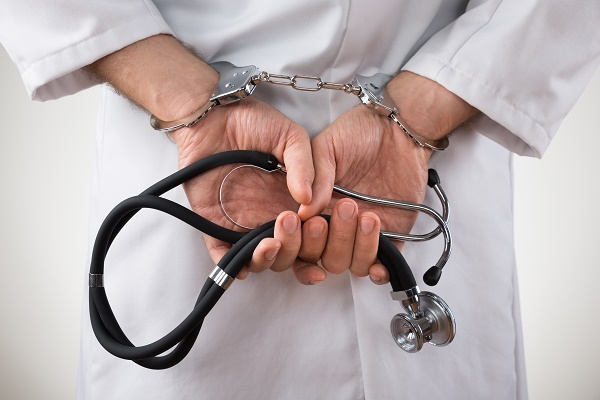 As a student my mentors emphasized the importance of medical records I would create during my career.
As a student my mentors emphasized the importance of medical records I would create during my career.
“That document refreshes your memory before each patient visit,” they would say. “If anyone questions your care of a patient, the veracity of your written record is given the benefit of the doubt and takes precedence over another person’s recall of events.”
The written record had my back not only for payment of my services as I wrote previously, but also in legal disputes.
High school and college students are traditionally age 16 to 22. These students’ completed assignments are expected to be originals, not copies of another’s work. The work is to be completed by the due date, not later. Failure in these parameters might result in an “F” as a grade for the assignment and possibly a suspension from school.
These same teenagers pay with a criminal record if they are caught shoplifting at any market, large or small. This record can stick for a lifetime.
Yet when a physician’s office visit note inflates the complexity of care provided to a patient, regulators cannot and do not hold him accountable for shoplifting. When the only difference between one office visit note and the next one is the date, regulators could, but do not, hold the physician accountable for plagiarism.
The human brain is not fully mature until age 25. The teenagers in the scenarios above don’t have mature brains, yet they are help accountable for their action. Physicians who commit medical versions of plagiarism or shoplifting do have mature brains, and yet they escape consequences on a regular basis.
And unlike the teenagers’ actions, the physicians’ documentation could be a matter of life and death.